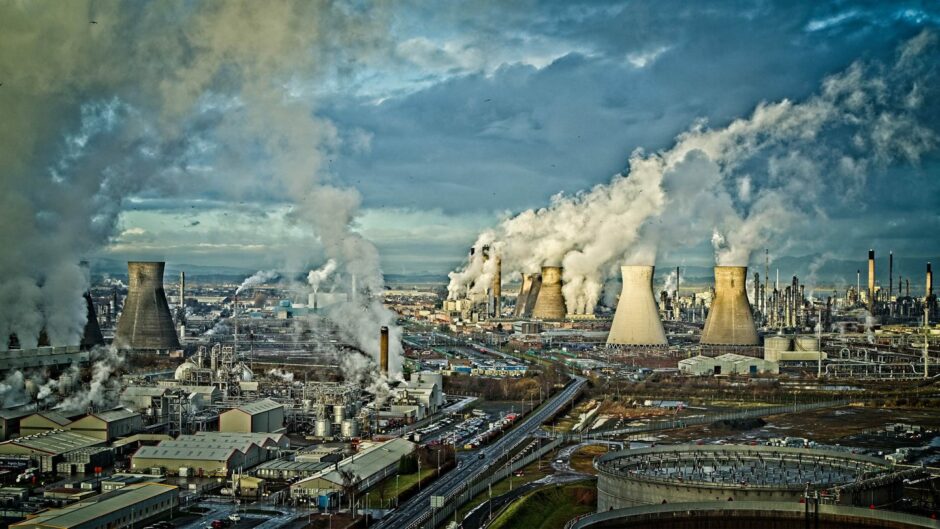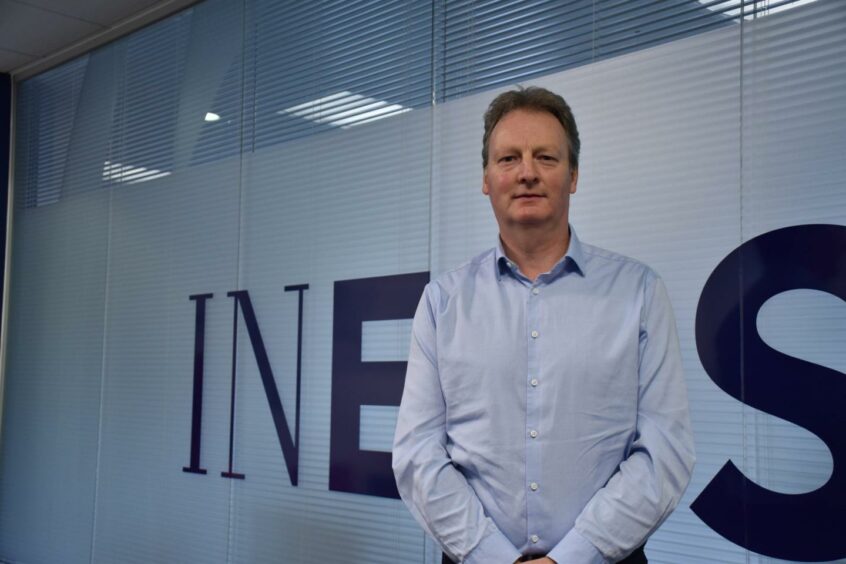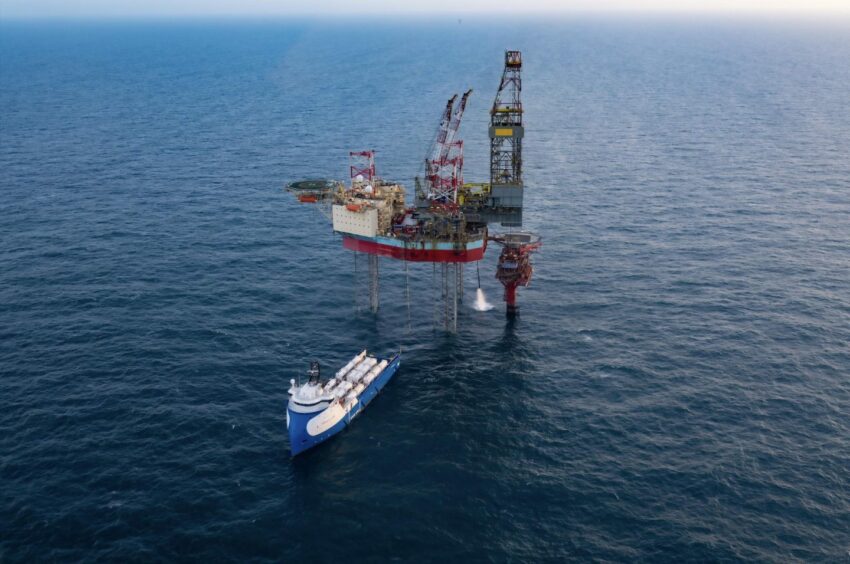
Chancellor Jeremy Hunt’s pledge to invest £20 billion in carbon capture technology over the next two decades is only half of what is needed to ensure the UK meets targets on polluting emissions.
This was the view of Andrew Gardner, the boss of one Scotland’s largest sources of carbon pollution, who has called for the Acorn carbon capture and storage (CCS) project off Peterhead to be given the green light in the Spring Budget Wednesday.
Last week the chancellor raised the hopes of the supporters of the so-called Scottish cluster, the heart of which is the Acorn CCS project, when he promised “unprecedented investment” in carbon capture that would “commit to spades in the ground on these projects from next year”.
The project was made a “reserve cluster” in 2021 after a £1bn UK Government scheme to support CCS was allocated to projects in the North East and North West of England instead, much to the chagrin of many in the north-east of Scotland.
Mr Gardner, who is chief executive Ineos FPS which operates the Forties oil and gas pipeline into Grangemouth, said the funds pledged could be enough to develop UK sites currently earmarked to store carbon, of which Acorn is the largest.
Ineos, led by billionaire Jim Ratcliffe, is also a partner in a significant trial of involving the injection of carbon into spent subsea oil reservoirs offshore Denmark.
The Greensand project in the Danish North Sea involves shipping liquified CO2 produced at an Ineos factory in Antwerp to an old oil well operated by German oil and gas company Wintershall DEA and was officially launched in March.
The similarities between Greensand and Acorn are very close.
Mr Gardner he explained that the UK government also needed to offer carbon “contracts for difference” to major emitters such as Ineos, which in turn will pay handsomely to store carbon in empty North Sea oil and gas fields.
“£20bn is probably half what the UK needs,” he said. “It is definitely enough to get all the stores started and away. But it won’t be enough to decarbonise the UK.
“Acorn can easily take all of Scotland’s industrial carbon and then, through the Peterhead port, it can bring in imports.
“Carbon storage needs investment but the large part required is investment industry needs to make to capture the carbon from their factories and power stations.”
He said Ineos FPS needs to invest £1.5bn to decarbonise many of its operations by 2030.
The site will then in turn become Acorn’s biggest CCS customer.
If government puts the correct frameworks in place in the form of the carbon contracts, Ineos would be able to raise the finance needed to adapt the site to capture the carbon from Grangemouth’s ageing petrochemicals and refining units.
Use it or lose it
Mr Gardner said he’s “not asking for handouts” but that without further government support the business would be forced to shut its operations in Grangemouth down instead in order to meet Scotland’s net zero deadline.
He said: “We need to have Acorn into a track process and Grangemouth into an emitter process with Government in order to get funding on the back of our contracts with Government.
“We will decarbonise by 2045. I just don’t want it to be because Grangemouth isn’t here any more, because that is the other option.”
Recommended for you

 © Supplied by ineos
© Supplied by ineos © Supplied by INEOS
© Supplied by INEOS